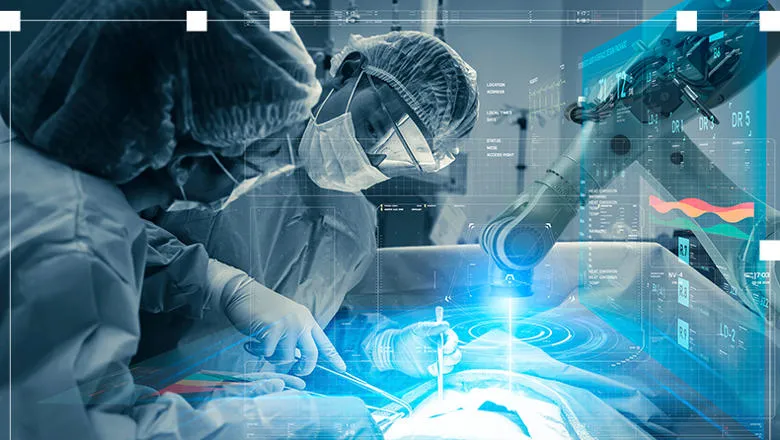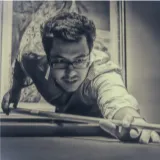The Engineering and Physical Sciences Research Council (EPSRC) has announced £8m funding for a new Centre for Doctoral training (CDT) at the School of Biomedical Engineering & Imaging Sciences.

The EPSRC CDT in Advanced Engineering for Personalised Surgery & Intervention will train a new generation of researchers and innovators to undertake diverse engineering careers that deliver patient and economic impact through innovation in surgery & intervention.
The programme will be further enhanced with a combination of MedTech industry funding and philanthropic donations, enabling King's to train almost 100 researchers in areas such as Smart Instruments & Active Implants, Surgical Data Science, and Digital Surgical Twins. At the core of the programme is cultivating a positive research culture and an environment that empowers the students to reach their full potential.
We are delighted that EPSRC will support our new research training programme on Advanced Engineering for Personalised Surgery & Intervention. Surgical interventions take up a large portion of the healthcare budget, but, due to their complexity, are not always curative. Training engineering researchers on this topic will increase the UK's capability to create innovative devices and algorithms that enable earlier intervention, and personalised surgical protocols, leading to faster patient recovery.
Professor Christos Bergeles, Deputy Director, EPSRC CDT in Advanced Engineering for Personalised Surgery & Intervention, School of Biomedical Engineering & Imaging Sciences.
Surgery is recognised as an indivisible, indispensable part of health care but the NHS struggles to meet its rising demand. Millions of surgeries take place every year in the UK, requiring a large percentage of the allocated healthcare budget. Innovative technologies are needed to ensure that surgical procedures are optimally improving outcomes, while reducing costs and hospitalisation times. This new programme will directly address these healthcare challenges and train the next generation of researchers to deliver much-needed innovations for our clinicians and improve surgery outcomes for our patients.
Professor Sebastien Ourselin FREng FMedSci, Director, EPSRC CDT in Advanced Engineering for Personalised Surgery & Intervention, Head of the School of Biomedical Engineering & Imaging Sciences
The CDT will bring together researchers across King's College London, including computer science, medical AI, modelling, and robotics, to work alongside clinical academics delivering surgery and interventional procedures for the NHS.
The CDT will further foster an interactive community of researchers working on engineering solutions across common goals to tackle distinct patient needs and develop shared tools and methods that can be used across a wide variety of healthcare engineering disciplines.
The interdisciplinary healthcare engineering ecosystem established within the School of Biomedical Engineering & Imaging Sciences and the St Thomas' Hospital MedTech Hub will enable graduates to acquire an entrepreneurial mindset with skills across data science, fundamental AI, computational modelling, and surgical instrumentation and implants.
Graduates of this research training programme will be positioned to continue their careers as healthcare engineering innovators within the MedTech industry, clinical translation, manufacturing, academia, or to join the rapidly growing ecosystem of MedTech start-up entrepreneurs taking their research from bench-to-bedside-to-boardroom as the founders of new commercial companies.








